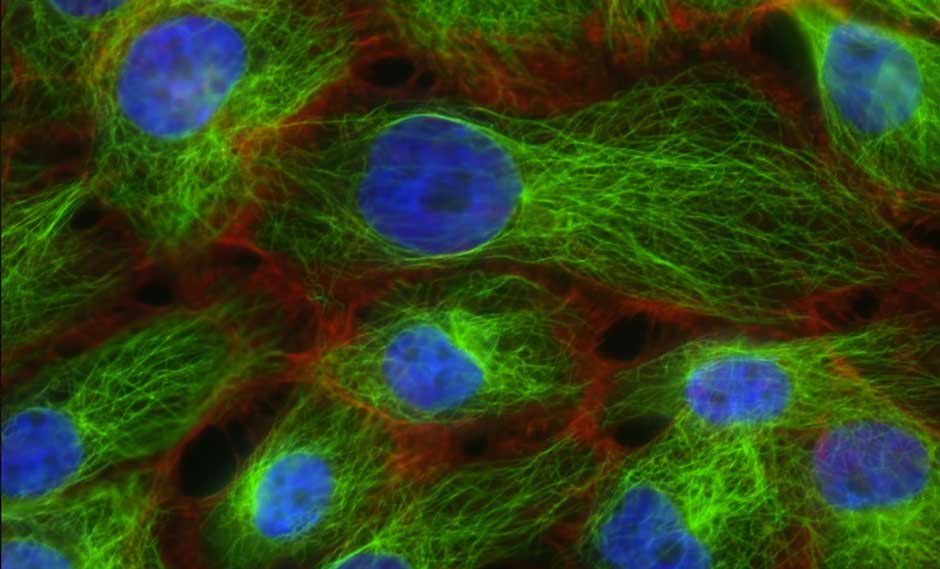Epigenetic mechanisms are pivotal in determining cellular function, growth, and survival, playing a key role in health and disease. They are involved in various physiological processes such as cellular differentiation and aging and pathophysiological conditions like cancer and neurodegenerative diseases. One molecule that has emerged as a critical coenzyme is NAD+, which is also referred to as nicotinamide adenine dinucleotide. Several studies have highlighted its role in modulating these epigenetic alterations. Keep reading to learn more about how NAD+ is a modulator for epigenetic regulation and the implications of this finding!
NAD+ and Its Impact on Epigenetics
Epigenetics refers to changes in gene expression that do not involve alterations to the underlying DNA sequence. These changes can be influenced by various factors such as the environment and aging, and can be potentially transmitted across generations. Epigenetic regulation typically involves modifications to DNA or the proteins with which DNA associates. These modifications can either upregulate or downregulate the expression of certain genes, influencing a myriad of biological processes.
NAD+ plays an integral role in this dynamic process by serving as a cofactor for several enzymes that regulate epigenetic modifications, including a group of proteins known as sirtuins. Sirtuins use NAD+ to remove acetyl groups from proteins, including histones, which are responsible for packaging DNA into a compact, functional structure. This deacetylation process often leads to the suppression of gene expression. By influencing sirtuin activity, NAD+ can effectively modulate the epigenetic landscape of the cell, impacting gene expression and ultimately cellular function.
NAD+, Aging, and Disease Processes
Aging is characterized by a progressive loss of physiological integrity, leading to impaired function and increased vulnerability to death. A common hallmark of aging is a decline in the levels of NAD+, and this decrease has been implicated in the progression of age-associated diseases, including neurodegenerative diseases and cancer.
Decreased NAD+ levels impact the activity of sirtuins and other NAD+-dependent enzymes, leading to altered epigenetic regulation. For example, in the context of neurodegenerative diseases like Alzheimer’s, decreased NAD+ and sirtuin activity has been associated with increased expression of genes that promote neuronal inflammation and cell death. Similarly, in cancer, dysregulation of NAD+ levels and the subsequent alteration of epigenetic landscapes can promote cellular transformation and tumor progression.
NAD+ Supplementation as a Therapeutic Strategy

The role of NAD+ in epigenetic regulation and disease progression has sparked significant interest in therapeutic strategies aimed at restoring NAD+ levels. Supplementing with NAD+ precursors, such as nicotinamide riboside (NR) and nicotinamide mononucleotide (NMN), has been shown to effectively boost NAD+ levels, thereby potentially restoring the activity of NAD+-dependent enzymes and normalizing epigenetic regulation.
The initial preclinical and clinical studies have yielded promising results in this regard. Notably, in animal models of Alzheimer’s disease, NAD+ supplementation has demonstrated the ability to ameliorate neurodegeneration and cognitive impairment. Furthermore, concerning cancer, there is emerging evidence suggesting that NAD+ supplementation may impede tumor growth, although the results remain somewhat ambiguous and necessitate further investigation to establish conclusive findings.
In conclusion, epigenetic regulation is an intricate process that plays a vital role in health and disease. Emerging evidence shows that NAD+, a critical coenzyme, influences this process by acting as a cofactor for enzymes involved in epigenetic modifications. Alterations in NAD+ levels, as seen in aging and several diseases, can disrupt this regulatory process, leading to disease progression.
However, the potential to therapeutically manipulate NAD+ levels presents an exciting avenue for disease intervention and treatment. While more extensive research is needed to fully understand the implications of NAD+ in epigenetic regulation and its therapeutic potential, the initial findings provide a compelling basis for continued investigation into this promising area of study.

